
The history of Benin people, like the history of man, is the history of change. When we sift out fables about men like the first son of Osanobua and Oduduwa dropping from heaven and of the Benin or Ile-Ife being the centre and cradles of the world, what we have left are factual stories of ancient men who migrated from other places, settled down in the rain forests around the land known today as Benin, and established small pockets of settlements called villages.
The man had led a wandering life in search of food until he was compelled by agriculture to settle down at one place. Those splinter settlements, after existing for a long time without any central ruler like a king, either voluntarily agreed to surrender their independence to one powerful warrior or group of warriors in exchange for protection, or were forced to do so. The result was the emergence of the Ogiso dynasty established around AD 500 beginning with King Ogiso Igodo which saw the reign of 31 Kings before the collapse of that dynasty after King Ogiso Owodo was banished and a period of interregnum followed. At this point, some sequence of events occurred which became, up to this day, subjects of controversy between Benin and the Yoruba people.
The Benin people believe that Oduduwa, called Prince Ekaladerhan, was the only son of the exiled King Ogiso Owodo. They believe that Ekaladerhan (or Oduduwa) exiled himself from Benin even before his father, King Ogiso Owodo was banished from Benin. Ekaladerhan or Oduduwa went to and founded Ile-Ife where he became King. After King Ogiso Owodo was deposed and banished, the Benin people went in search of the only son of the King, Prince Ekaladerhan (Oduduwa) with the aim of persuading him to return to Benin to succeed his banished father.
Instead, Ekaladerhan (Oduduwa) sent his son, Prince Oranmiyan, to Benin. But there was an administrator named Ogiamien, appointed by the people of Benin to administer Benin during that period of interregnum. Like what the late Gen. Sani Abacha did during Ernest Shonekan's interim government, Ogiamien was nursing his own ambition - to create his own dynasty. He appointed his son to succeed him. Even though he was resisted by Benin people, Ogiamien and other warlords who contested the throne troubled Oranmiyan and made his stay uncomfortable so much that Oranmiyan decided to return to Ile-Ife, describing Benin as Ile-Ibinu (the land of vexation).
The Benin account has it that Oranmiyan reigned as Benin King from AD 1,170, although his palace was at Usama, an outskirt of the city, due to the crisis. When he eventually left, he left behind his Benin queen, Erinmwinde who gave birth to a son, who later became Oba Eweka the First in the year AD 1,200. Historians regard the beginning of the reign of Oranmiyan as the beginning of the second dynasty of kings in Benin kingdom.
One implication of the Benin line of history is that Oduduwa, whom the Yoruba claim as their father, did not fall down from heaven after all as they claim. Nobody has ever fallen down from heaven. Even Jesus who is believed to have come from heaven had to be born into the world by a woman.
Yoruba people believe that Oduduwa who fell down from heaven had a son who went on a military campaign and founded the Benin Kingdom. But from the Benin perspective, we know that before the return of Oranmiyan to Benin, the Ogiso dynasty in Benin, which saw the reign of 31 kings, had already come to pass. Of these two conflicting historical accounts of the Benin and Yoruba Kingdoms, the Benin version appears to be more tenable. Between AD 1440 and 1606, was the era of warrior kings. This corresponded to the period of Oba Ewuare the Great and Oba Ehengbuda.
Apart from the brief reigns of Oba Ezoti and Oba Olua, the rest of the kings that fell within this period were all warrior kings who led their military forces to battle. These fierce warrior kings went on military campaigns, conquering other peoples and expanding Benin's territories and influences which resulted in empire-building.
The Benin's capacity to successfully overrun other people's lands has been attributed to their trade with Europeans at Ughoton, the Benin port, which bequeathed them with guns and ammunition. The Benin Empire at its zenith was said to have extended to River Niger in the east and south, into Yoruba lands (Oyo) and what came to be known as Dahomey.
A larger implication of this account, if it is true, is that the entire Yoruba land, not just Lagos as presently being argued, was founded by a Benin Prince. The basis for this assertion is that since the Yoruba people regard Ile-Ife as the beginning of Yorubaland from where it spread, if Prince Oranmiyan, whom the Yorubas regard as the 4th Ooni of Ife, was the son of exiled Benin Prince, Ekaladerhan (known as Oduduwa in Yoruba), then the entire Yorubaland, not just Lagos, was founded by a Benin Prince!

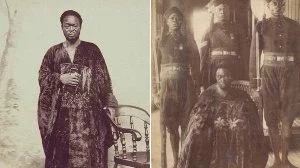
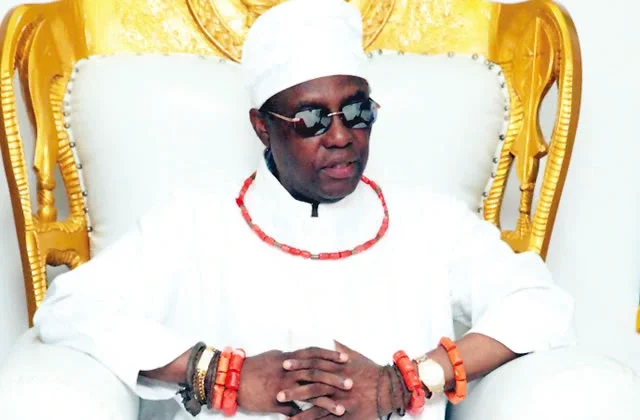
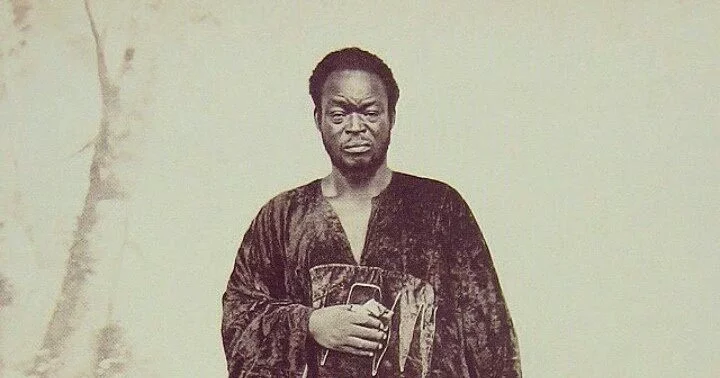
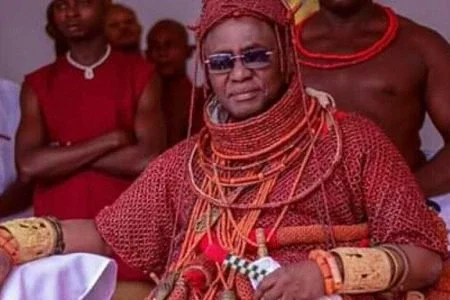
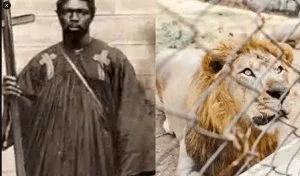


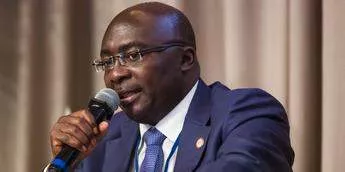





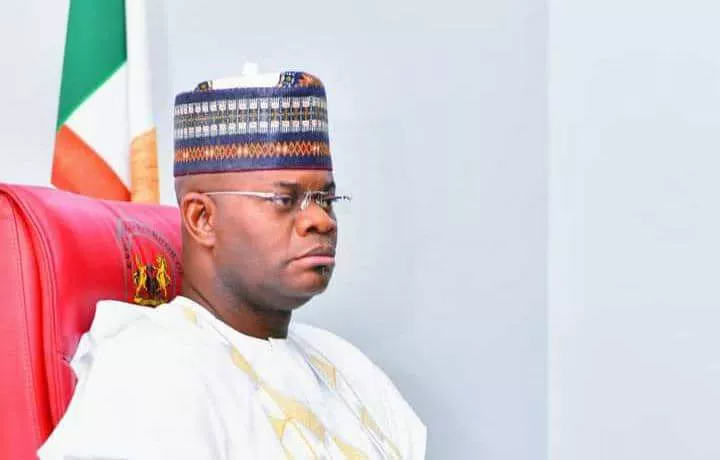



Comments